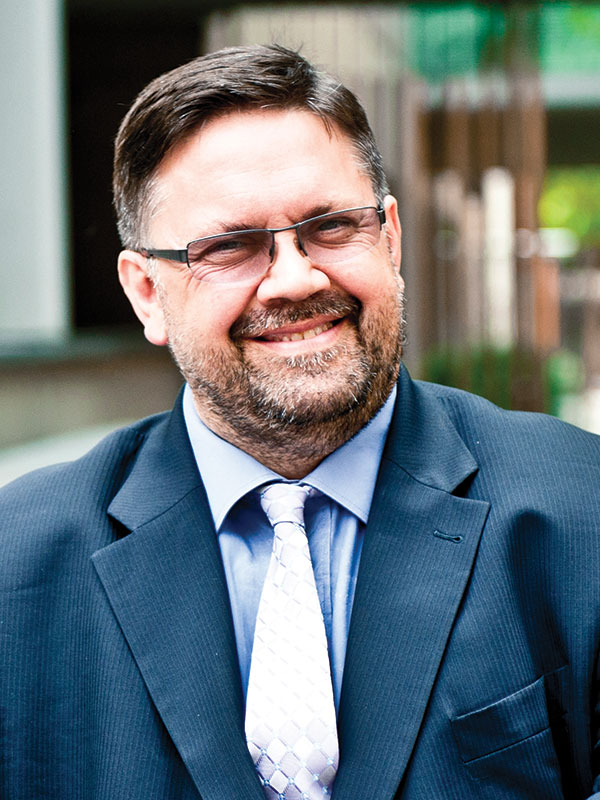IFAC's council meeting in the South Korean capital discussed some key internal questions, but did not reach a resolution. These issues must either be closed quickly or, if this is unlikely, they should be deferred to the longer term
Last week I enjoyed my first International Federation of Accountants' Council meeting, brilliantly hosted by our South Korean colleagues.
There are some big issues needing consideration by the global accountancy profession such as its role in tax advice at a time when this is under public scrutiny, the need for better government accounting when poor reporting has fuelled the sovereign debt crisis, and the development of integrated reporting that looks to radically improve corporate reporting.
Of course, this is a diverse forum. The big economies, emerging markets and developing world are represented by a profession that in different jurisdictions has varying blends of external audit, financial management, supreme audit and public sector accountancy, and where the big firms have varying degrees of penetration.
For CIPFA, it was an opportunity to promote our belief that, in the public interest, governments and the profession must rise to the challenge. The institute has a unique focus on public financial management and governance, with experience supporting fellow professional accounting organisations to introduce International Public Sector Accounting Standards and accruals accounting.
It can be hard to strike the right balance for any membership body between internal maintenance and strategically looking outwards. To reform and be effective, the former is a reality (which filled the time of the formal council sessions), whilst to develop and lift our horizons, the latter is a necessity (which was reflected in the annual seminar and workshops).
Council proceedings focused on two issues: changes to the constitution whereby the largest member bodies would have increased representation on the governing board; and how much each member body is to pay via the dues formula.
For me, this debate would have benefited from more discussion on whether the changes would equip IFAC and the profession to tackle the issues of the day such as tax, public sector finance or integrated reporting. But, to some extent, this needs further development.
The sentiment of delegates remained one of sympathy and support for the board, which is trying its best. But, by the end of the event, the dues formula was postponed to a special council meeting whilst constitutional changes were put to the vote but not carried by the necessary super-majority.
Of course, a career in public service, where balancing conflicting priorities through a public governance structure is the norm, has taught me that such contention can blow over very quickly. So what next? In my view, these internal issues must either be closed quickly or, if that is not likely, then they should be closed by deferring to the longer term.
Anything in the middle should probably be avoided. My observation of experienced politicians is that they avoid leaving difficult questions open for too long because they know that those being asked will inevitably tire of the question, with the result that expectation grows for it simply to be sorted out.
Rob Whiteman is chief executive of CIPFA






